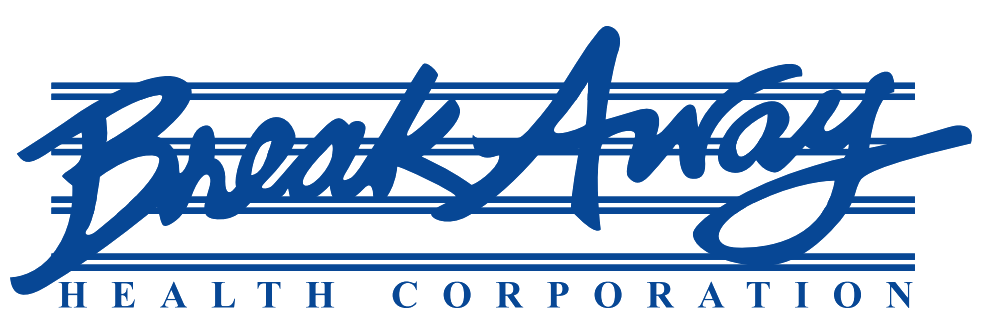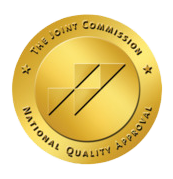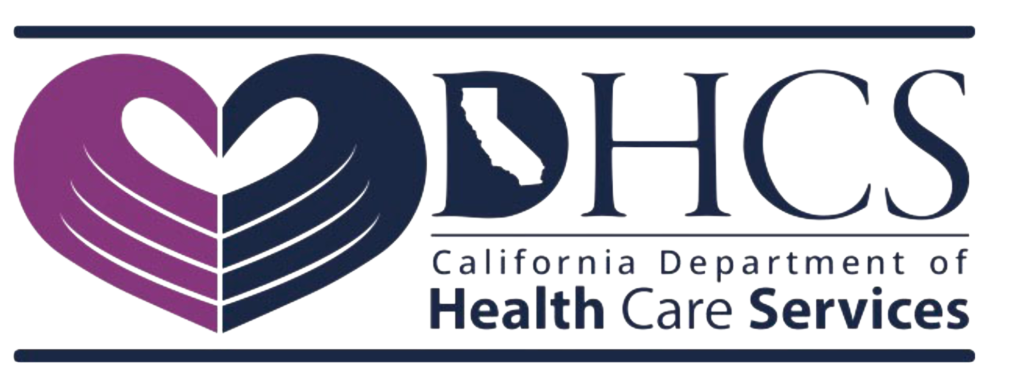Addiction doesn’t just harm the person who is struggling with substance use but deeply affects their loved ones around them. Family dynamics can shift dramatically, leading to breakdowns in trust, communication, and emotional connection. If someone in your family is living with addiction, you’ve likely felt the impact in more ways than one. Families often serve as the first place people look for comfort but when addiction enters the picture, these roles can change drastically. When conflict and emotional turmoil emerge, home becomes a place of stress rather than safety. The good news is that family dynamics can change for the better and with the right support, families can begin to heal, communicate more clearly, and rebuild healthy bonds.
Recovery is about mending relationships and creating a supportive environment that fosters long-term sobriety. At Breakaway Health in Costa Mesa, CA, we recognize how addiction disrupts families which is why our treatment programs include family support, communication tools, and emotional resources.
The Immediate Impact of Addiction on Families
When someone develops an addiction, its effects can quickly spread through every part of the household, touching each family member in different and often painful ways. Family members may begin to feel anxiety or fear which can lead to daily life becoming more and more unpredictable. When daily life becomes unpredictable, the family members tend to develop emotional exhaustion or even resentment.
In many cases, roles within the family shift. A parent may become overprotective. A sibling might withdraw emotionally. A spouse may feel betrayed. These responses aren’t wrong but they’re reactions to a high-stress environment created by an addiction.
Changes in Communication
One of the first things to break down in families affected by addiction is honest communication. What may have once been open conversations about daily life or emotional support often turn into tense, cautious interactions. Dialogue becomes guarded, with family members walking on eggshells to avoid triggering arguments or emotional outbursts.
Here are some common signs that communication has been affected:
- Conversations are frequently avoided or shut down.
- There’s an increase in passive-aggressive or hostile tone.
- Family members begin to withhold their feelings.
- Small issues escalate into major conflicts.
- Attempts at discussion are met with defensiveness or denial.
Conversations can quickly shift to blame or defensiveness, making it difficult to discuss problems or set boundaries. Over time, some family members may avoid discussing the addiction altogether, either out of fear or a desire to keep the peace. This silence allows misunderstandings to grow and increases emotional distance among loved ones, creating an atmosphere where meaningful connection becomes harder to achieve or maintain.
Emotional Distance
Addiction can cause emotional walls to go up. Whether it’s out of frustration, guilt, or fear, family members often start distancing themselves to protect their own mental health. This distancing may look different for each person but often includes behaviors like:
- Avoiding emotional conversations or vulnerability
- Pulling away from family gatherings or shared activities
- Becoming emotionally numb or indifferent
- Creating strict boundaries to avoid emotional pain
This separation can lead to isolation for both the person struggling with addiction and their loved ones, making it even more difficult to rebuild connection or support healing within the family.
Codependency and Enabling Behaviors
One of the most common shifts in family dynamics and addiction is the development of codependent roles. In these situations, one or more family members may begin enabling the behavior of the person struggling with addiction—either knowingly or unknowingly.
What Is Codependency?
Codependency is when someone prioritizes another person’s needs over their own to an unhealthy extent. In addition, this can look like covering up for missed responsibilities, providing money, or constantly rescuing the individual from the consequences of their actions.
While this may come from a place of love, it often keeps the addiction going and delays meaningful change.
How Enabling Affects the Family
Enabling behaviors are actions that protect the person struggling with addiction from facing the consequences of their actions. Instead of encouraging accountability and change, enabling can unintentionally support the continuation of the addictive behavior.
Common Signs of Enabling Behavior:
- Making excuses for the person’s substance use
- Covering up or lying to others to protect them
- Taking over their responsibilities at home or work
- Giving them money despite knowing it might support their addiction
- Avoiding conflict to keep the peace, even when boundaries are crossed
These behaviors can drain emotional energy and create resentment. Other family members may feel frustrated or neglected, especially if one person is focused entirely on the individual with addiction. These patterns can create tension and make recovery more difficult unless addressed directly.
Hidden Impact of Addiction on Children
Children living in homes affected by addiction often experience deep emotional strain. The impact of addiction on family dynamics is especially intense for younger members who may not fully grasp what’s happening. Although the younger generation may not be fully aware of what is happening, they will still feel the effects.
Emotional Consequences
Kids may struggle with confusion or fear while living in a household when addiction is present. Some children become withdrawn, retreating emotionally and socially, while others act out to gain attention or establish control in an unpredictable environment. They may start to struggle in school, develop bad behavior habits, or experience anxiety and depression. Over time, they may internalize the belief that they are somehow responsible for the chaos around them which is a feeling that can shape their self-esteem and relationships well past childhood and into adulthood.
Loss of Stability
Routine and structure are essential for child development. Addiction can disrupt both, making it hard for children to feel safe and secure. Missed school events, financial instability, or changes in the consistency of caregiving or shifts in who provides day-to-day support can leave lasting marks.
In recovery, it’s vital to address these impacts and give children a chance to express their feelings in a safe and supported space.
Healing the Family as a Whole
Addiction changes the way a family works but recovery can rebuild it. Healing starts when families begin to talk honestly, rebuild trust, and set healthier boundaries. This process takes time and typically benefits from professional support.
Restoring Communication
One of the first steps toward healing family dynamics is establishing open, honest communication. This means active listening, expressing emotions respectfully, and avoiding blame. Family therapy sessions can create a safe space to begin these conversations.
Rebuilding Trust
Trust may have been broken, but it can be rebuilt through consistency and transparency. The person in recovery must show commitment to change, while family members work on letting go of past resentment and practicing forgiveness. Without building trust, families cannot unlock their full potential on healing together and overcoming addiction.
Creating Healthy Roles
Recovery is an opportunity to reset unhealthy roles that formed during addiction. This involves identifying patterns such as caretaking, avoidance, or blame that may have developed during active addiction. Consciously adopting healthier, more balanced ways to relate to one another moving forward will give every member of the family a chance to be heard and can pursue a much healthier role. Everyone in the family has a part to play in shaping a new, healthier dynamic.
Families Can Heal From Addiction
Addiction can shake the foundation of a family, but healing is always possible. The impact of addiction on family dynamics is real, but so is the opportunity for growth. With patience and the right resources, families can learn to reconnect and build lasting trust.
At Breakaway Health, we’re here to guide both individuals and families through the recovery process. If you or someone you love is feeling the weight of addiction, don’t wait. Call Breakaway Health Today to discover how recovery can bring your family back together.
Frequently Asked Questions (FAQs)
1. Does addiction impact family dynamics?
Yes, addiction significantly affects family dynamics. It can change how members interact, communicate, and support one another, often leading to emotional strain.
2. What is the impact of addiction on family dynamics?
Addiction can lead to broken trust, poor communication, and emotional distance. It often results in stress, confusion, and codependency within the family structure.
3. Can families recover after addiction?
Absolutely. With counseling, support, and time, families can heal from the damage caused by addiction and rebuild healthy relationships.
4. What are common family dynamics in addiction and recovery?
Common dynamics include enabling, codependency, emotional withdrawal, and role shifts. Recovery helps replace these with healthier ways of relating and supporting each other.
5. How can Breakaway Health support families dealing with addiction?
Breakaway Health offers therapy and educational resources for families to address conflict, improve communication, and support recovery together.







